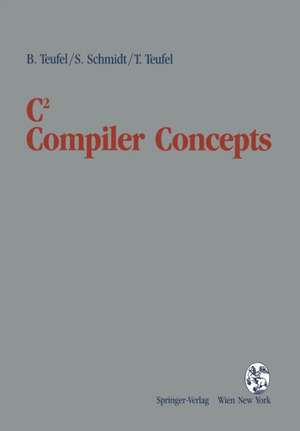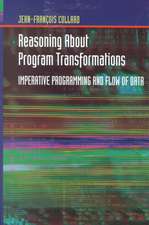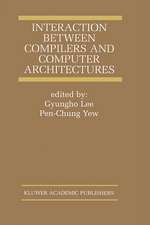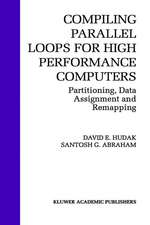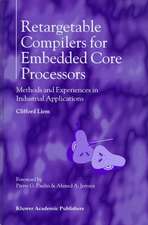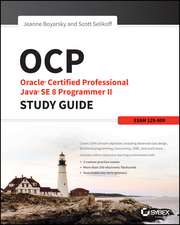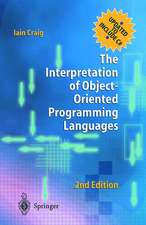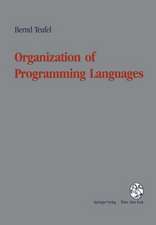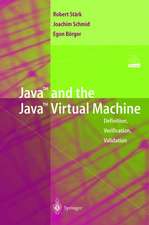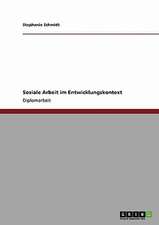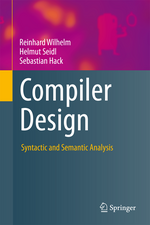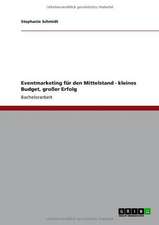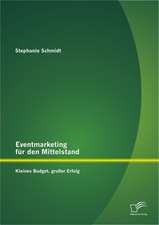C2 Compiler Concepts
Autor Bernd Teufel, Stephanie Schmidt, Thomas Teufelen Limba Engleză Paperback – 8 ian 1993
Preț: 328.60 lei
Preț vechi: 410.75 lei
-20% Nou
Puncte Express: 493
Preț estimativ în valută:
62.90€ • 68.34$ • 52.87£
62.90€ • 68.34$ • 52.87£
Carte tipărită la comandă
Livrare economică 22 aprilie-06 mai
Preluare comenzi: 021 569.72.76
Specificații
ISBN-13: 9783211824313
ISBN-10: 3211824316
Pagini: 192
Ilustrații: XI, 176 p. 19 illus.
Dimensiuni: 170 x 244 x 10 mm
Greutate: 0.31 kg
Ediția:1993
Editura: SPRINGER VIENNA
Colecția Springer
Locul publicării:Vienna, Austria
ISBN-10: 3211824316
Pagini: 192
Ilustrații: XI, 176 p. 19 illus.
Dimensiuni: 170 x 244 x 10 mm
Greutate: 0.31 kg
Ediția:1993
Editura: SPRINGER VIENNA
Colecția Springer
Locul publicării:Vienna, Austria
Public țintă
ResearchCuprins
1 General Remarks on Compiler Theory.- 1.1 Types of Compilation Systems.- 1.2 Compiler Environments.- 1.3 Analysis and Synthesis.- 2 Formal Aspects.- 2.1 Backus-Naur Fonri (BNF).- 2.2 Formal Languages.- 2.3 Analyzing Techniques.- 2.4 Syntax Graphs.- 2.5 The Programming Language PL/0.- 3 Lexical Analysis and Symbol Tables.- 3.1 Finite Automata.- 3.2 The Scanner.- 3.3 Symbol Tables.- 3.4 Lexical Analysis of PUO.- 4 Syntax Analysis and Parser Construction.- 4.1 Top-down Analysis.- 4.2 Bottom-up Analysis.- 4.3 Recursive Descent Parser for PL/0.- 5 Semantic and Type Analysis.- 5.1 Intermediate Codes.- 5.2 Syntax-directed Translation.- 5.3 Type Checking.- 5.4 Intermediate Code Generation for PUO.- 6 How to Handle Errors.- 6.1 Error Classification.- 6.2 Effects of Errors.- 6.3 Error Handling in Lexical Analysis.- 6.4 En-or Handling in Syntax Analysis.- 6.5 Semantic Errors.- 6.6 PL/0 Error Recovery.- 7 Code Generation and Optimization.- 7.1 Storage Allocation.- 7.2 Parameter Passing.- 7.3 Variable Addressing.- 7.4 Code Generation.- 7.5 Code Optimization.- 8 Impacts of Modern Hardware Developments.- 8.1 Computer Architectures vs. Programming Languages.- 8.2 Instruction Sets and Microcode.- 8.3 RISC Architectures.- Exercises.- References.
